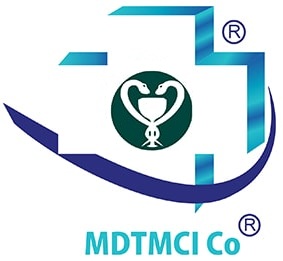
Cardiovascular medicine perspective using artificial intelligence
As the importance of artificial intelligence (AI) in the clinical setting increases, the need for clinicians to understand Al is also increasing. This review focuses on the fundamental principles of Al and the cur rent state of cardiovascular Al. Various types of cardiovascular Al have been developed for evaluating examinations such as X-rays, electrocardiogram, echocardiography, computed tomography, and magnetic resonance imaging. Cardiovascular Al achieves high accuracy in diagnostic support and prognosis pre diction. Furthermore, it can even detect abnormalities that were previously difficult for cardiologists to detect. Randomized controlled trials begin to be reported to verify the usefulness of cardiovascular Al. The day is approaching when cardiovascular Al will be commonly used in clinical practice. Various types of medical Al will be used for cardiovascular care; however, it will not replace medical doctors. We need to understand the strengths and weaknesses of medical Al so that cardiologists can effectively use Al to improve the medical care of patients.
Knowledge, Perception, and Confidence Level of COVID-19 Care among Health Care Workers Involved in Cardiovascular Medicine: A Prospective Web-Based Survey in Japan
The pandemic of coronavirus disease 2019 (COVID-19) has a significant impact on daily practice in cardiovascular medicine. The preparedness of healthcare workers (HCWs) can affect the spread of infection and the maintenance of the healthcare system. This study aimed to investigate the knowledge, perception, and level of confidence regarding COVID-19 care among HCWs involved in cardiovascular medicine. Methods: A cross-sectional, web-based study about COVID-19 was performed between April 22 and May 7, 2020, among 311 HCWs in cardiovascular departments. The demographic information, COVID-19 related knowledge, and perception and level of confidence toward COVID-19 care were assessed. Results: The median age of the participants was 38 years, and 215 (69.8%) were male. There were 134 (43.1%) physicians and 177 (56.9%) non-physician HCWs. The HCWs, especially non-physician HCWs, had insufficient knowledge about infection-prevention measures for COVID-19, such as how to isolate patients with COVID-19, how to use personal protective equipment, and how to prevent infection during aerosol-generating procedures.




